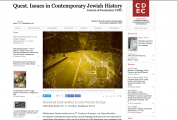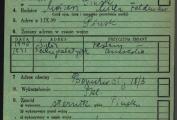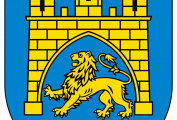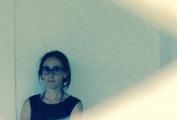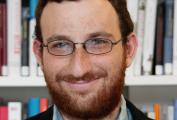International Workshop within the Framework of the European Holocaust Research Infrastructure
23-25 October 2017.
Location: United States Holocaust Memorial Museum, Washington, DC, USA
Call for Proposals for an international EHRI workshop on authenticating Holocaust documentation to be held at the United States Holocaust Memorial Museum in Washington, DC, on October 23–25, 2017.



